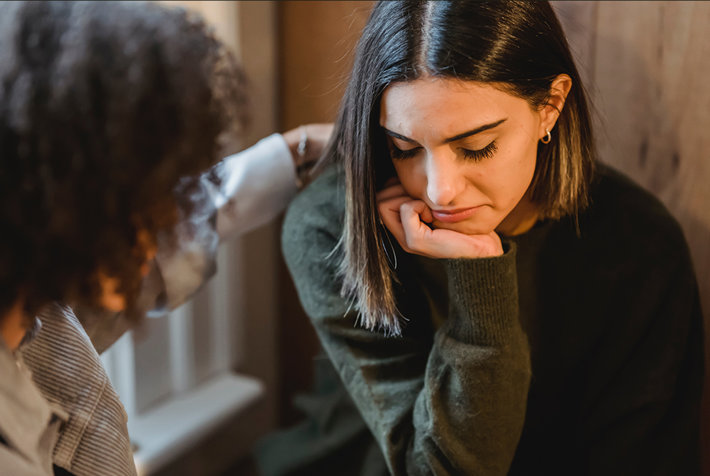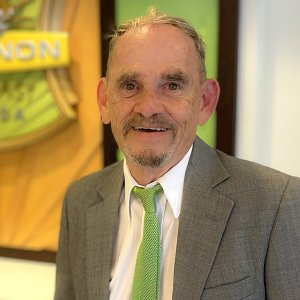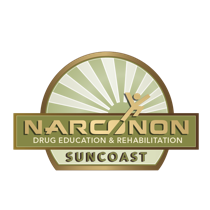Opioid Overdoses: What You Need to Know

Numerous substances can take over a person’s life when they become addicted. Unfortunately, one of the most problematic of these is a medication prescribed regularly—opioid painkillers. This is far from an unknown issue, as many people have likely heard about the opioid epidemic in the United States.
These medications can be incredibly dangerous when taken in large doses and can lead to opioid overdose. Overdose is when an individual takes such a high dose that their body goes into toxic shock from it. This condition can lead to severe health impacts and can even be life-threatening.
Recognizing Opioid Overdose Symptoms
The symptoms of opioid overdose are quite apparent, and those witnessing it must act fast. These symptoms include:
- Pale face
- Clammy
- Vomiting or gurgling
- Blue lips or fingernails
- Unable to speak
- Unconscious
- Slowed breathing or heartbeat
When recognizing these signs, 911 should be contacted immediately. Overdose needs to be addressed rapidly for the person to have the best chance at a full recovery.
As a note, a common method of addressing opioid overdose is Narcan (Naloxone). This is a nasal medication that is used to reverse the effects of an overdose. The good thing is that it is accessible to the general public as well.
Those who live with someone using opioids in any way should consider having Narcan on hand, just in case.
How Opioid Overdoses Happen
Opioids can be safe when taken in the recommended dosage for a short period of time and can be an important tool for addressing immediate and intense pain. But opioids are not a long-term solution for pain and doctors prescribing them should also be held accountable to ensure their patients successfully cease taking opioids when the time comes.
Unfortunately, the longer a person uses opioids, the dosage often increases due to increased tolerance, and more and more of the drug is needed to achieve the original effect. If opioid use is not properly managed, then abuse can start. Eventually, they may end up taking too large of a dose and overdosing.
If a person becomes addicted while prescribed opioids, they have two choices when their prescription stops—face extremely painful and almost unbearable withdrawals, or seek opioids from other sources, such as another doctor (which is increasingly harder to do), or turn to illicit opioids sold on the streets either in the form of pills or heroin. Since there’s no guarantee of what a person is really getting or how much when they buy drugs on the street, overdoses can occur.
If a person does get clean and they later relapse and use opioids again, the chances of overdose are high. This is because their tolerance has reduced during their abstinence. If they try to use the same dose, or even if they estimate and try to use a smaller dose than they were using before, they no longer have the same tolerance, this can be a massive shock to the system and cause an overdose.
Furthermore, an extremely potent opioid called Fentanyl has been showing up more on the street and mixed with other substances. This can lead to opioid overdoses without the addict knowing what they are taking.
Helping Those in Danger of Opioid Overdoses
Numerous families are watching their loved ones struggling with opioids but have no idea how to help them. Fortunately, there are ways families can help the addict, hopefully before any opioid overdoses.
The first of these is to have a conversation with the addict about their habits and addiction. This may not lead to the addict jumping right to getting help, but it could get them thinking about it at least.
If the family has tried helping and the addict is resistant, it may be time to contact an interventionist. This is a professional in holding interventions to get addicts into treatment. It is important to know that an intervention will not always be successful, but using a professional will likely increase the odds.
Narconon Is Here to Help People Break Free from Addiction
If you have been searching the internet for treatment for yourself or a loved one, Narconon can help. Our program is comprehensive and effective, and it has helped thousands of addicts achieve a new life of sobriety. If you have any questions about our program or facility, please contact us today. We look forward to helping you or your loved one finally take your life back from the chains of addiction.


